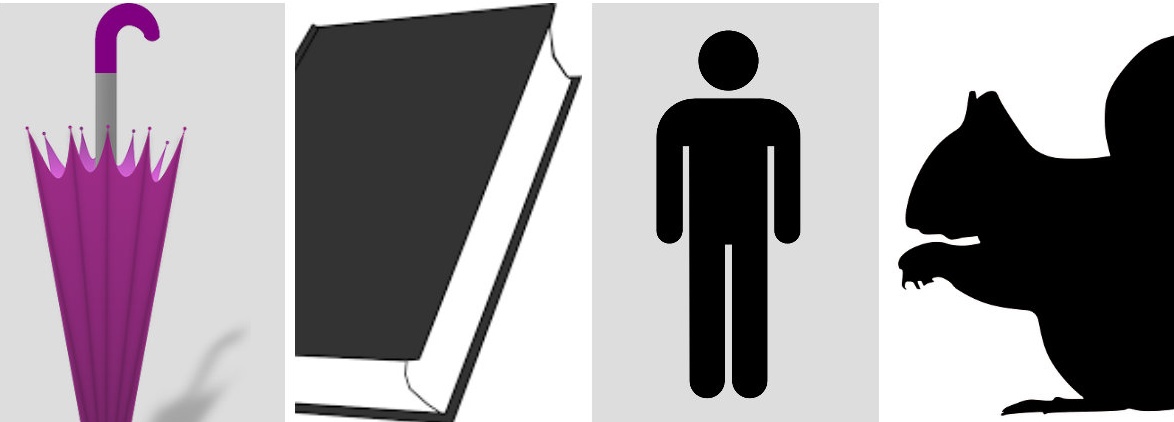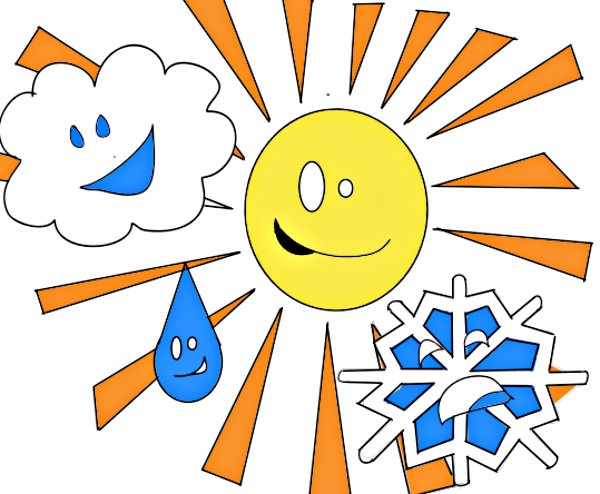The Japan Guy's 6 Best Japanese Lessons
Donald Ash has spent years in Japan helping people find their way, both linguistically and pragmatically. Over the years, he's accumulated quite a list of Japanese lessons that can help you get started on your way—as well as recommendations that can push you well beyond what you've already achieved. Take a look at our top six picks below.
6. Colors in Japanese
https://www.youtube.com/watch?v=A7ALQ_IHz2I#t=206
Knowing basic colors is as important as being able to count; it’s one of those basic skills that you would easily take for granted in your native language. The basics are easy enough:
Aka (あか) = red
Daidai-iro (だいだいいろ) = orange
Ki-iro (きいろ) = yellow
Midori (みどり) = green
Mizu-iro (水色) = light blue
Ao (あお) = blue
Murasaki (むらさき) = violet/purple
Kuro (くろ) = black
Shiro (しろ) = white
Don covers these, plus a few more you'll have to check the video or click below to uncover!
Read full story: www.thejapanguy.com
5. The Five Japanese Demos

http://www.thejapanguy.com/the-five-japanese-demos/
You'll hear these words quite often in Japan, and even use them yourself once you get accustomed to them. They're all variants on the idea of "any (something)."
1. Itsudemo (いつでも) = Anytime
2. Nandemo (なんでも) = Whatever, anything
3. Dokodemo (どこでも) = Wherever, anywhere
4. Daredemo (だれでも) = Anyone, anybody
(Pronounced “dah-ray demo,” but make sure it sounds like a Japanese "r" sound)
5. Dochidemo (どちでも) = Whichever
Don also offers a quick expression you can use with dochidemo of these items!
Read full story: www.thejapanguy.com
4. Counting Items in Japanese

One of the somewhat troublesome things when speaking Japanese is knowing how to count an item. Why can’t you just use the number and then the item? It seems like it would make more sense, right? But you use mai for flat objects, hon for long objects, nin for people, satsu for books and hiki for small animals. On top of that, the counter can be read completely differently depending on how many you're counting.
Sound confusing? Not to worry: The Japan Guy has got you covered for these and more, all in one easy list!
Read full story: www.thejapanguy.com
3. Japanese Weather Words & Terms

http://www.thejapanguy.com/25-japanese-weather-words-terms/
Japanese weather changes a lot—so much that, believe it or not, it's actually a good conversation starter! The hot (atsui) days of summer are intermittently broken by the wind (kaze) and rain (ame) of a typhoon—during which time you should also watch out for floods, or kosui. The cool (susuzhii) days of autumn are usually sunny (hare), but occasionally broken by drizzle (konukame). Depending on where you live, you might even see snow (yuki) accumulate (tsumoru) in winter. Thunder and lightning (kaminari) are rare at any time of year, but you can always look forward to a rainbow (niji) afterwards!
The Japan Guy has 14 more useful weather terms waiting for you right here!
Read full story: www.thejapanguy.com
2. Introduction to Japanese Antonyms

https://kidskonnect.com/language/synonyms-antonyms/
Whether you're young (wakai) or old (toshi totta), near (chikai) or far (toi), The Japan Guy has you covered for problems big (okii) or small (chiisai)! Here he presents a list of 40 antonyms ranging from the easy (raku) to the hard (taihen)!
Read full story: www.thejapanguy.com
1. Japanese Emotions

http://graphics.wsj.com/emoji/
Being able to express your emotions is an important skill in any language. Emotions are a big part of human expression and can even be quite important in communicating effectively.
A very important note about emotional words in Japanese is that they are not all going to be used as adjectives. Some words that describe emotions will be verbs instead. For example, the word happy, ureshii (うれしい), is an adjective just as it is in English. The word hungry, though not exactly an emotion, is a word that represents an adjective in English but is treated like a verb in the Japanese language, o-naka ga suku (おなかがすく).
With that in mind, take a look below to see how to express how elated (kozen) you are to have picked up so much Japanese!
Read full story: www.thejapanguy.com




